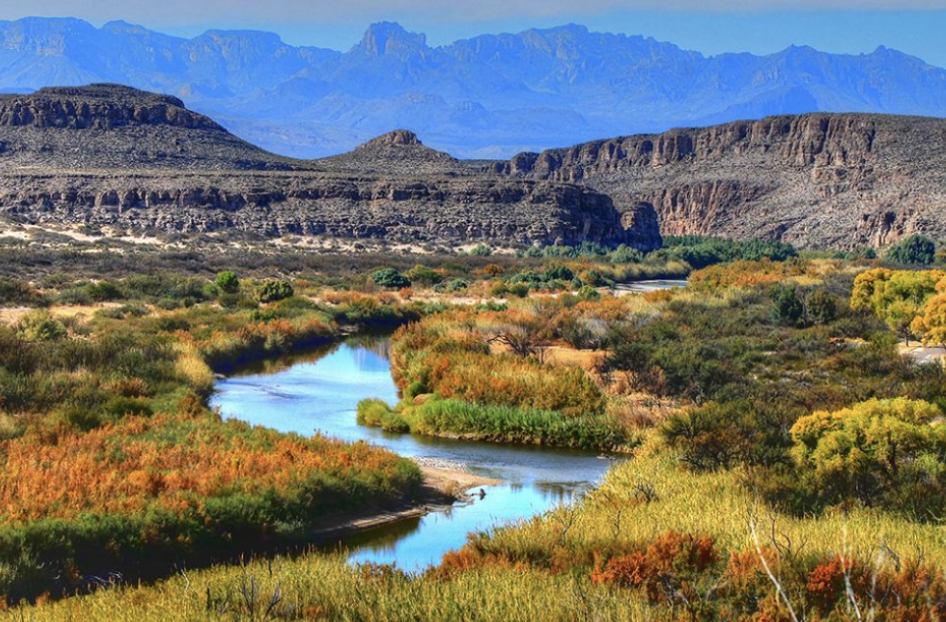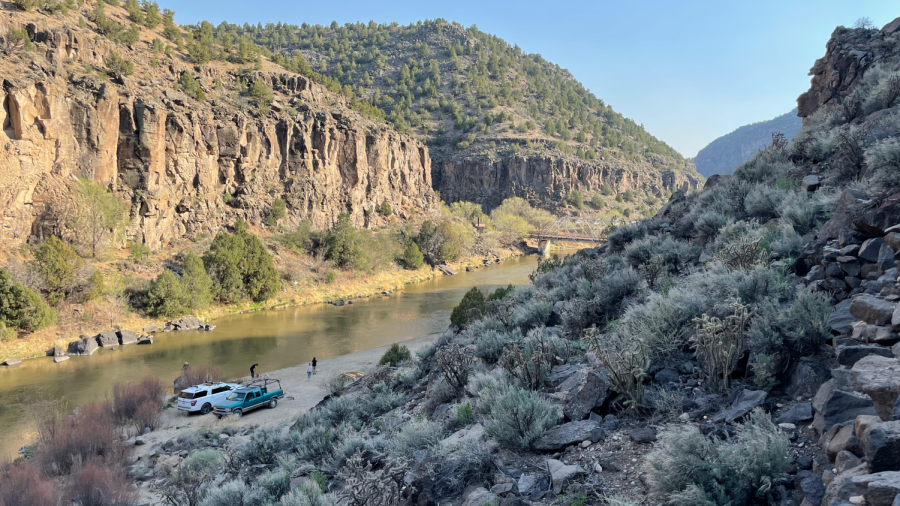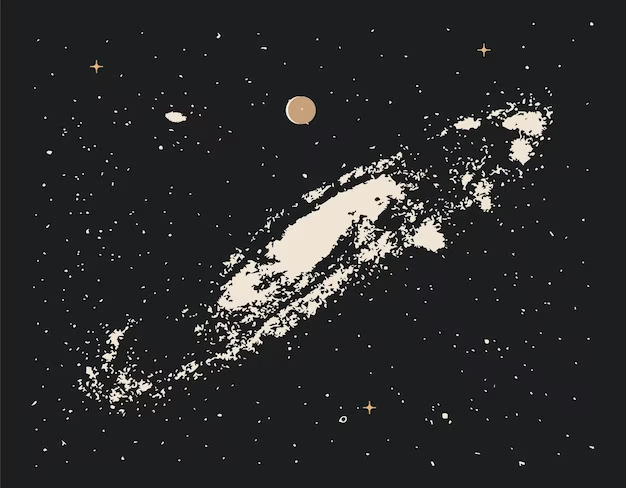Your problems don’t matter.
Well, in the grand scheme of things, they don’t.
Here’s what I mean:
Yes, our problems exist—that’s an unchangeable reality—but the extent to which they matter is entirely relative.
Put simply: We can’t change the fact that problems exist, but we can change the way we see them.
When a friend talks to you about an issue they’ve been having, you’ll likely be able to deliver good, sound advice. If, however, the very same problem was staring you in the face, you wouldn’t confront it with the same rationality that you did when helping your friend. This is called the Solomon Paradox; humans excel at communicating logical perspectives to others, yet frequently encounter difficulties in applying such reasoning internally.
That’s the power of perspective. Now, what’s the best way to gain perspective?
Space.
The astronomically long history of the universe—let alone its baffling size—is incredibly difficult to understand, but it’s a worthwhile pursuit because a deeper understanding of our universe puts our reality into perspective.
Carl Sagan, the renowned astrophysicist, and Pulitzer Prize-winning author, spent a large portion of his life trying to help people understand the magnitude of the cosmos. He created the famous Cosmic Calendar which scales down the 13.8 billion years of our universe’s existence into 1 calendar year. Here is Sagan’s concept coupled with the most incredible facts that put our existence into perspective:
Our Story starts on January 1st at midnight. Americans know this as the day the ball drops in Times Square. History knows this day as the Big Bang. In an instant—less than an instant—the universe underwent an absurd expansion, doubling in size by at least 80 times.
From nothing, we got everything.
Flash forward to March 15th and our galaxy was finally created.
The Milky Way galaxy (the place we call home) is so huge that if we were to scale down the sun to a tiny grain of sand our galaxy would stretch some 190,000 miles.
The universe is estimated to have one hundred billion different galaxies…100,000,000,000!
And our galaxy alone is estimated to have one hundred billion stars…100,000,000,000!
And of those stars, we only call one of them home. The sun.
The sun—created on September 1st— holds 99.8% of all the matter in our solar system, and its gravity holds all the planets in orbit.
How big is our solar system? You would have to drive at 60 mph without stopping for 6,293 years to get to Pluto.
On the scale of the Cosmic Calendar, the Earth formed right after the sun. After that, it only took one month for life to crawl out of, well, thin air. September 24th marks the day life forms, but life, at that time, was nothing more than one cell. Pretty boring considering today’s standards.
December was when life really started to take shape.
The first vertebrates were found on December 18th, insects came about on the 21st, and Merry Christmas! What do you get? The first Dinosaurs. For the next 5 days, the Dinosaurs would rule the earth until the 30th, when the infamous Chicxulub asteroid hit the earth and led to their extinction.
We have to travel to New Year’s Eve at 8 pm to witness the evolutionary split between Humans and Chimpanzees. On this Cosmic Calendar our existence exists in a matter of seconds:
- 50 seconds ago the last ice age ended
- 25 seconds ago agriculture was discovered,
- 4 seconds ago Christ was born,
- 1.2 seconds ago Christopher Columbus arrived in America,
- .2 seconds ago marks the end of the World Wars.
All of human history—the great achievements that we study in school—have happened in the final few seconds of the Cosmic Calendar. Our lives are but an instant on the grand scale of the universe.
By working to fully understand the history of the universe we can change our frame of reference, taking our everyday problems with a grain of salt, because in the cosmic scale of the universe, is it really that important?
Just sitting and thinking about the time frame and vastness of the universe gives a lot of perspective on the magnitude of the problems that consume our daily lives.
Works Cited:
What came before the big bang? Ub physicist’s new popular science book explains one leading theory. University at Buffalo. (2022, March 31). https://www.buffalo.edu/news/releases/2022/03/033.html#:~:text=Prior to the Big Bang,the universe desolate and cold.
Ask Ethan: What if the Sun were a grain of sand?. Big Think. (2024, January 10). https://bigthink.com/starts-with-a-bang/sun-grain-of-sand/
NASA. (n.d.). Solar system: Facts. NASA. https://science.nasa.gov/solar-system/facts/
Wikimedia Foundation. (2024, February 5). Cosmic calendar. Wikipedia. https://en.wikipedia.org/wiki/Cosmic_Calendar#/media/File:Cosmic_Calendar_(extended_by_”The_Final_Second”).png





























